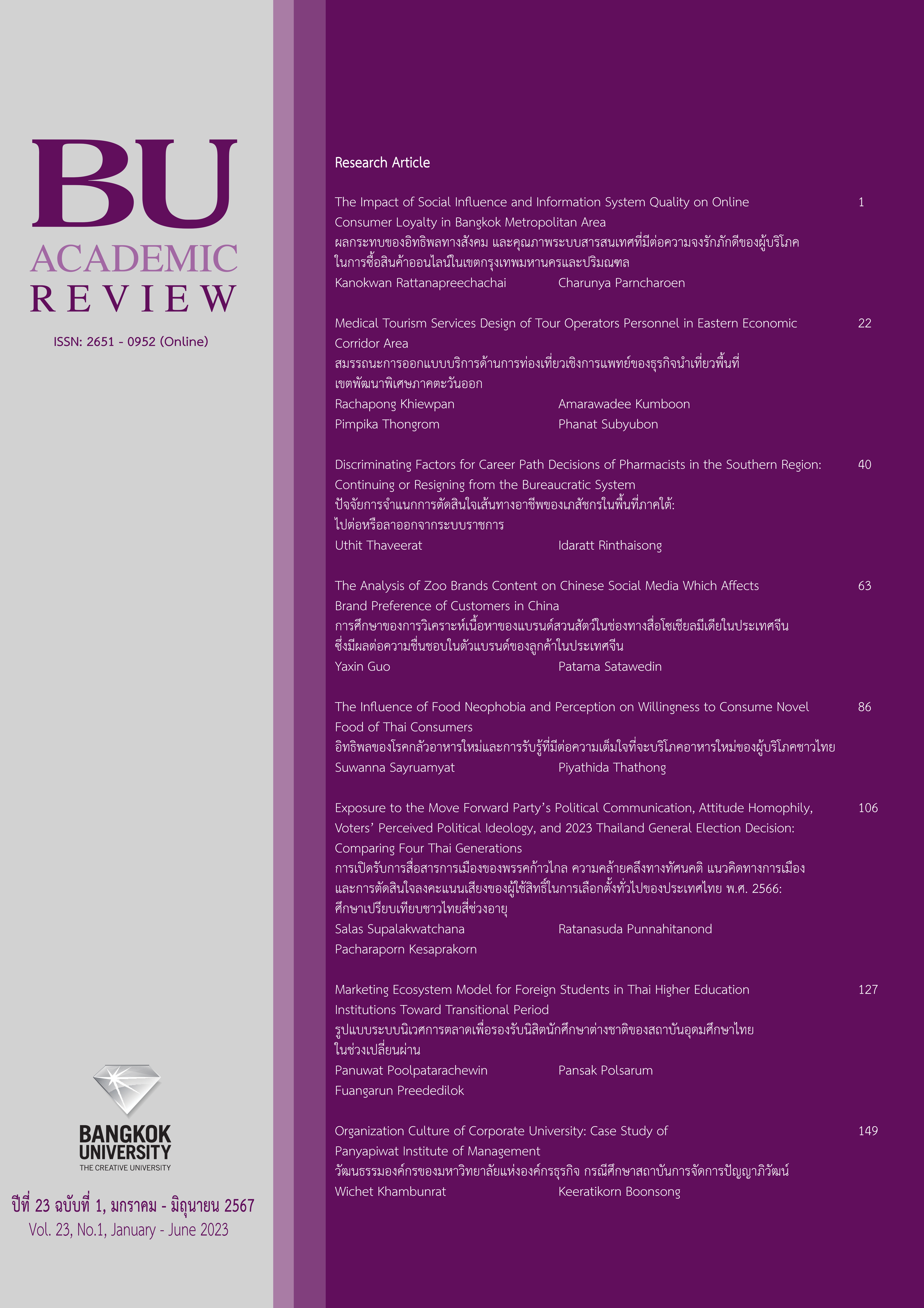Populism Policy and Management of Social Needs
Main Article Content
Abstract
At present, the social, economic and political development is unbalanced, and there is an inter-agency crisis. Especially, political institutions, as an important mechanism in the process of national development management, guide the people from the policies formulated by government organizations under populist policies and statements issued to parliament, from the majority voices of social needs, and vote for expectations and populism in elections. Therefore, this paper wants to put forward the idea that political institutions should formulate populist policies, which should not be ignored in the process of managing social needs. Its purpose is to study the management mode and process of social needs, rather than the state unilaterally exercising power in the process of public policy from the weakness of unlimited human needs. In 1997, as the starting point and strengthening of populist policies, various laws were used to regulate current populist policies and manage social needs. From the national perspective, from the current materialistic and consumerist society and society, an understanding of unmet needs management was established, so as to find a central point between populist policies and social needs, reduce differences of expectations and opinions, and achieve important results in the process of social demand management, including communication, system development and follow-up mechanism.
Article Details

This work is licensed under a Creative Commons Attribution-NonCommercial-NoDerivatives 4.0 International License.
The manuscript submitted for publication must be the original version, submitted only to this particular journal with no prior acceptance for publication elsewhere in other academic journals. The manuscript must also not violate the copyright issue by means of plagiarism.
References
Accompanying the Adoption of the Constitution on Political Industry 2017. (2017, October 7).
Rātchakitčhānubēksā [RoyalThai Government Gazette], 34(105A), 18-19.
Boonsuaykhwan, R. (2011). Kānčhatkān thāng sangkhom: Sangkhro̜ nǣokhit phư̄a kān ʻathibāi kānčhatkān klum ʻongkō̜n prachāchon nai sangkhom chonnabot Thaisocial management: [Synthesizing concepts for explaining management. People's organizations in Thai rural society]. Journal of Humanities and Social Sciences, 3(2), 167-200.
Eingkasit, R. (2023). Nānā that na tō̜ ʻon yō bāi prachā niyom [Various views on populist policy]. Retrieved
February 25, 2024, from https://themomentum.co/econcrunch-populism/
Hongthong, N. (2021). Wikhro̜ khwāmtō̜ngkān khō̜ng māt lō nai mummō̜ng khō̜ng phra phut sātsanā [An
analysis of Maslow’s concept of human’s needs through a Buddhist perspective]. Pranidhana
Journal, 17(2), 121-151.
Kenaphoom. S. (2018). Krabūan that thāng lư̄ak sāthārana [Public choice paradigm]. Humanities and
Social Sciences Journal Ubon Ratchathani Rajabhat University, 9(2), 92-104.
Laothamatas, A. (2006). Thaksin - prachā niyom [Thaksin-populism]. Bangkok: Matichon Publishing
House.
Mahachulalongkornrajavidyalaya University. (1996). Phra traipidok chabap phāsā Thai [Tripitaka, Thai
version]. Bangkok: Mahachulalongkornrajavidyalaya University.
Mooksong. C. (2023). Nayōbāi prachā niyom [Populist policy]. Retrieved October 1, 2023, from
http://wiki.kpi.ac.th/index.php
Siamrath Online. (2023). Prachā niyom Thai thī nư̄aināi [Tired of Thai populism]. Retrieved October 1,
, from https://siamrath.co.th/n/442535
State Fiscal Discipline Act 2017. (2017, April 19). Rātchakitčhānubēksā [Royal Thai Government Gazette],
(27A), 3.
Sukwanit, N. (2023). Khwām khaočhai wā thammai khon rao thưng mī khwām tō̜ngkān tā ngō̜kan phān
Maslow s hierarchy of needs [Understanding why people have different needs through Maslow's hierarchy of needs]. Retrieved October 1, 2023, from https://www.istrong.co/single-post/maslow-s-hierarchy-of-needs.
Tangkitwanit. S. (2015). Wikrittikān prachāthipatai prachā niyom læ thāngʻō̜k thī pen prachāthipatai
[Democracy crisis populism and democratic solutions]. Bangkok: King Prajadhipok's Institute.
Visure. (2023). Kānčhatkān khwāmtō̜ngkān: Khwām thāthāi læ nǣothāng kǣkhai [Demand Management: Challenges and solutions]. Retrieved October 1, 2003, from
https://visuresolutions.com/th/blog/whitepaper/requirements-management-challenges-and-solutions/


